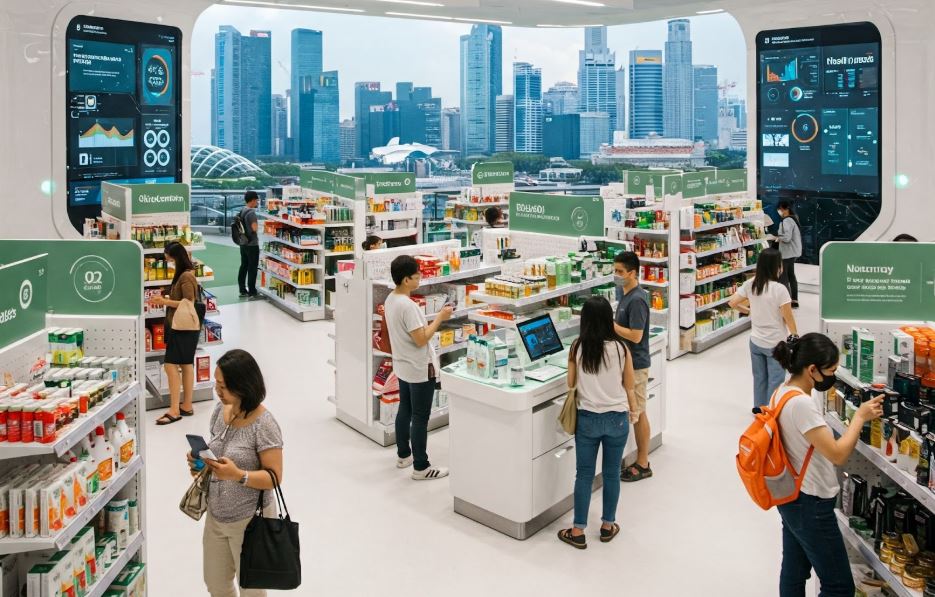Exploring Singapore’s Business Landscape: What the Average Enterprise Looks Like

When finding the ideal environment for establishing and growing a business, Singapore stands out as one of the top global contenders. Famous for its business-friendly policies and strategic location, this city-state is a magnet for entrepreneurs and investors. Exploring the country’s business statistics gives us a snapshot of the average business in Singapore and the industries driving its success.
A Thriving Hub with Nearly 600,000 Businesses
As of August 2024, Singapore has nearly 600,000 registered business entities, according to the Accounting and Corporate Regulatory Authority (ACRA). Impressively, 99% of these businesses are classified as small and medium-sized enterprises (SMEs) thanks to the nation’s diverse and nurturing ecosystem for startups and smaller firms. SMEs in Singapore typically operate with fewer than 200 employees or generate less than S$100 million in revenue. These factors help positioning the country as a haven for growing entrepreneurs.
Key Sectors Dominating the Economy
The economic foundation of Singapore is supported by a handful of industries that collectively hold significant weight. Here are the top leading sectors:
- Finance & Insurance
- Wholesale & Retail Trade
- Manufacturing
- Real Estate
- Transportation
These five sectors alone account for over 90% of the total corporate assets in the country, with finance and trade leading the way. For companies looking to enter the marketplace, Singapore offers access to a mature financial sector, a well-established trade network and logistics.
Contribution to the Nation’s GDP
In terms of gross domestic product (GDP), the 2023 figures reflect the key contributors to Singapore’s economy. The Wholesale Trade sector emerged as the largest, responsible for 22.3% of GDP, followed by Manufacturing at 18.6% and Finance & Insurance at 13.8%. These three demonstrate the country’s strength in physical and service-based industries.
Business Growth: Formation vs. Closure
Entrepreneurs in Singapore experience a dynamic business environment, with both opportunities and challenges. In 2023, more than 70,000 new businesses were started, while 51,761 closed down, showing the usual ups and downs of a competitive market. The highest number of new business registrations occurred in the Professional Services, Wholesale Trade and Information & Communications sectors, showing where the country is seeing the most entrepreneurial activity.
Workforce Dynamics
Singapore’s workforce, known for its high level of education and skill, remains a strong asset for businesses. In 2023, the total workforce reached 2.35 million, with the Wholesale & Retail Trade and Public Administration & Education sectors employing the most people — hiring more than 600,000 between them. In contrast, smaller industries like agriculture, fishing and recreation make up a smaller part of the job market, highlighting Singapore’s emphasis on trade, services and high-tech sectors.
Tax Contributions
Corporate tax revenue is very important to Singapore’s economy, and businesses play a critical role in that. In FY2023, companies contributed S$28.38 billion in corporate taxes, with the largest entities (those generating over S$1.1 billion annually) making up 73% of the total tax collection. Major players in Finance, Wholesale Trade and Real Estate were among the top contributors.
Singapore’s business environment is defined by its ease of entry, strong infrastructure and strategic location in the heart of Asia. With a diverse economy, strong government support for SMEs and thriving sectors like finance, trade and manufacturing, it continues to be an attractive destination for startups and international businesses. Whether you are looking to establish a small enterprise or enter the larger markets, Singapore’s competitive yet supportive ecosystem provides the right foundation for success.



